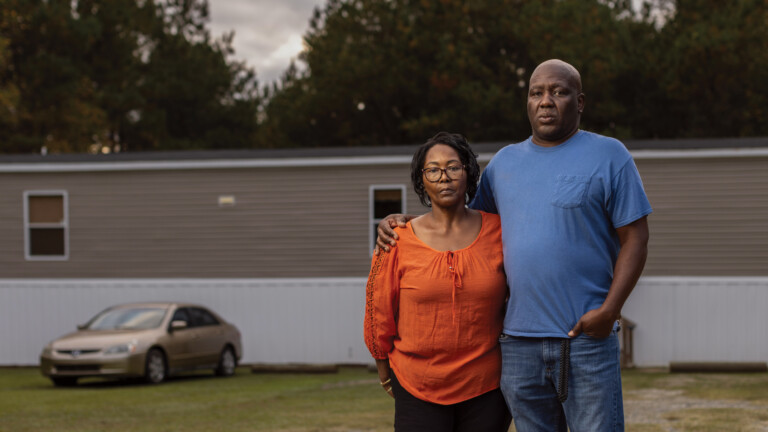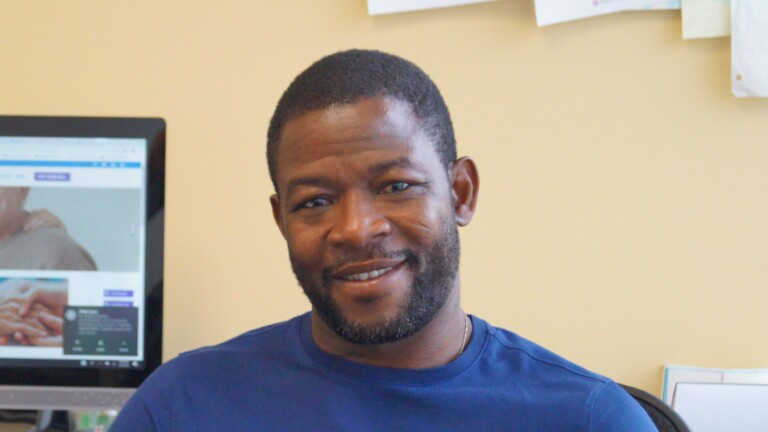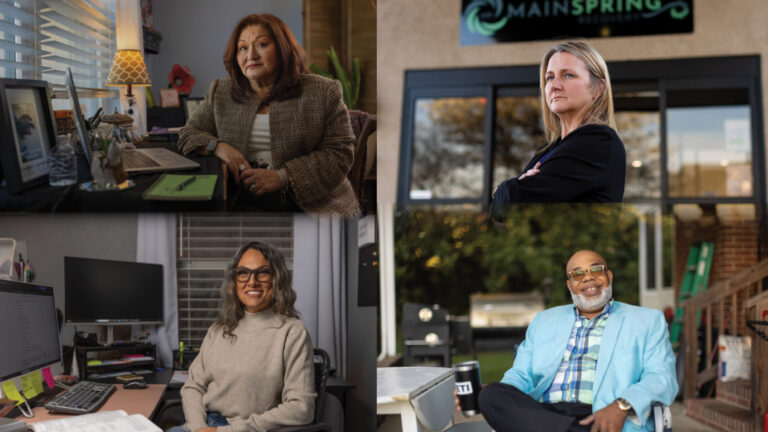Despite Setback, Momentum Builds For Economic Liberty

Although IJ’s work to protect economic liberty under state constitutions hit a setback in April, our long-term campaign to unleash opportunity continues nationwide.
As Liberty & Law readers have seen over the past decade, IJ has been systematically challenging economic restrictions not just under the federal Constitution, but under state constitutions, too. That work, at bottom, is about convincing state high courts that their state constitutions recognize the right to earn an honest living and afford real protection for small businesses and entrepreneurs.
We scored our first big win in this campaign in 2015, when the Supreme Court of Texas held that a licensing restriction on our client—Ash Patel, owner of an eyebrow-threading salon—was unconstitutional because its actual, real-world effect was oppressive. That’s a stark difference from what we sometimes see in federal cases, in which courts’ reflexive deference to regulators can go as far as accepting obviously false justifications for a law.
Since then, we’ve had other major successes in reminding states that their own constitutions require more demanding review. A 2020 opinion in one of our cases had the Supreme Court of Pennsylvania reiterating that “Pennsylvania law is less deferential to the legislature than its federal counterpart.” (We later won that case at trial.) The Supreme Court of Georgia established real review in 2023. (We won that case, too.) And just last year, we helped persuade the Supreme Court of North Carolina to do the same.
But a project like this isn’t easy, and there will be losses. Maryland’s highest court rejected our arguments in 2020. And in April, so did Nebraska’s.
Our client there, Marc N’Da, wanted to expand his home-health business to drive patients to their medical appointments. He had grown frustrated watching his clients receive poor service from existing medical transportation companies. So he responded in the most American way possible: He decided to start his own company and provide better service.
All Marc needed was a “certificate of public convenience and necessity” from the government. He went through the application process, and the government expressly found that Marc was “fit, willing, and able” to provide this service. But the law also requires Marc to get permission from his competitors before he can begin operating. Not surprisingly, those competitors said “no.”
You shouldn’t need permission from your competition simply to enter the market. Even so, the Supreme Court of Nebraska held that the state’s Constitution afforded Marc no protection.
Losses like this are tough, but they’re also expected. No one bats a thousand, especially not while litigating the hardest cases in constitutional law. But as our victories show, we know what works. And we already have two pending cases aiming to extend these successes: one in South Carolina—where we’ll argue before the state’s highest court just days after this publication arrives in your mailbox—and the other in North Carolina, where we’re optimistic about cementing our earlier victory.
We’ve got the momentum behind us, and we’ll keep going, state by state, until we win nationwide.
Andrew Ward is an IJ senior attorney.
Related Case

Nebraska CON
Marc is allowed to drive customers to the grocery store, but if he wants to drive them to the pharmacy or a routine doctor’s appointment, he needs permission from his competitors. This nonsensical rule hurts…
Subscribe to get Liberty & Law magazine direct to your mailbox!
Sign up to receive IJ's bimonthly magazine, Liberty & Law, along with breaking news updates about the Institute for Justice's fight to protect the rights of all Americans.













